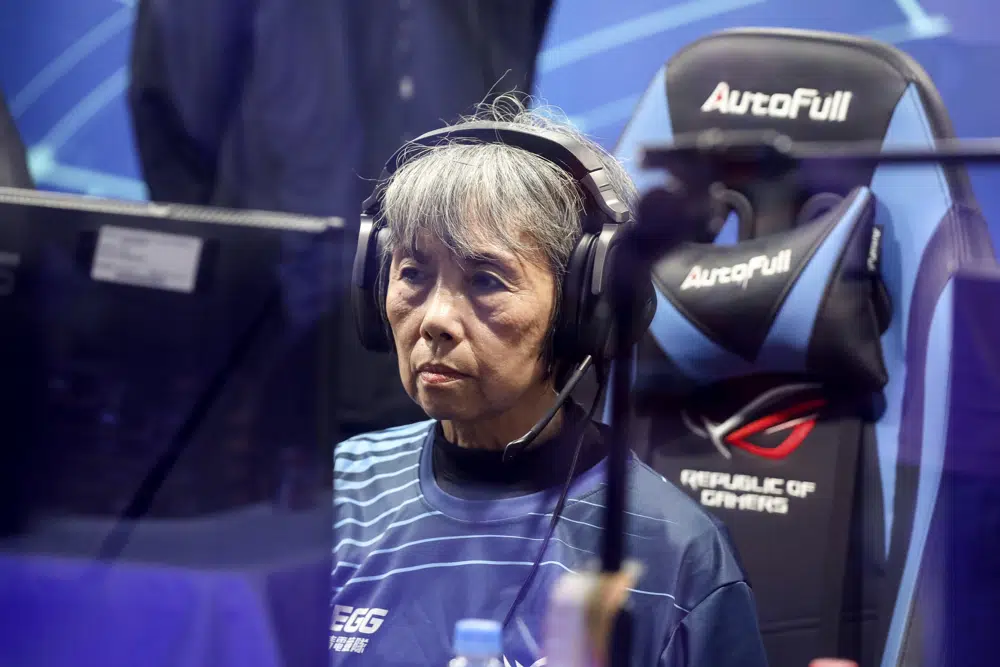The video gaming industry is one of the growing industries in today’s technology-driven world. Video games have been a subject of debate for decades now, with many people arguing about the negative impacts it has on the brain. However, much recent research has shown that video games for a maximum of three hours daily can positively affect the brain.
When a functional MRI brain imaging was done on adults who play video games regularly, it showed that the regions of the brain associated with attention and memory were better when compared to adults who never played.
This article will explore how video games can positively affect brain development.

Enhanced cognitive skills
A video game is not just a mere source of entertainment but requires specific cognitive skills, including attention, spatial reasoning, decision-making, and problem-solving. This means people who regularly play video games can develop or enhance these skills over time. In addition, much research also shows that playing video games can improve cognitive ability, including the perception of reality.
Improved social skills
One of the main advantages of playing video games, even in the comfort of one’s home, is in-game interaction with other players. Hence, it can help improve social skills, especially in games where teamwork is essential. In addition, it will also help enhance communication skills, as players are forced to communicate with each other in order to achieve a common goal.
Research involving children who played video games found that they are likely to have better social skills and academic performance. They also build a collaborative environment by connecting and interacting with other students.
Better decision-making skills
Video games help people make better decisions, especially in games like Keluaran singapur, which requires players to make quick decisions under pressure. The games are generally built to help players make quick decisions without thinking. But, if players are smart enough, they will think through their decision, thus making it easy for them to improve their decision-making skills.
Increases the brain’s grey matter
Games are typically a workout for the brain disguised as entertaining. However, many studies on this topic have shown that people who game regularly often have an increased amount of grey matter to boost brain connectivity. Grey matter in the brain is mainly associated with memories, perception, spatial navigation, and muscle control.
Reduced stress and anxiety
Irrespective of the type of game played, video games have a calming effect on the brain which can primarily help reduce stress and anxiety. Many people turn video games into a form of relaxation. Many studies have also shown that it is a great way to improve mood and relaxation. This is particularly true for immersive games that require the players to focus their attention fully on the game. People can easily take shelter in their favorite games when they wish to relax and unwind.

Increased creativity
Many games allow players to create their own content, which allows them to enhance their creativity, most of which they don’t even learn in school. This can also help develop their problem-solving skills and encourage innovation. Many mission-based, open-world, and multi-level gems are designed in the form of complex puzzles and take hours to solve. Such games expect players to think on their feet and take quick actions by implementing strategies.
Children who play games associated with strategy develop better problem-solving and decision-making skills.
Improved manual dexterity
Controller-based video games are great for multitasking. This means putting both your brain and hands at work simultaneously. For example, a study performed on a group of surgeons who regularly played video games found that the ones involved in regular gaming were faster at advanced procedures, and 37% of them made fewer mistakes.
Unique video games are also created for patients undergoing physical theory and help stroke victims regain control of their wrists and hands.
Improved motivation and perseverance
The games which are developed to achieve a goal or a vision help improve motivation and perseverance. It can help motivate the players to work towards their goals, even when multiple challenges and setbacks exist. This behavior also helps them stay focused and determined to achieve their goals and missions.
Bottom Line
Even though the video game industry is ever-growing, it is a skeptical one! While some people point out the negative effects, there are still many positive effects of the game, which linger around till the person gets old. Thanks to the many research conducted on this topic, it has helped people understand the impacts of gaming in today’s world.
From improving cognitive skills to reducing anxiety and stress, these games help stimulate brain development. But, like everything else, moderation is key. Hence, it is important for players to learn the right balance between gaming and social interaction.








